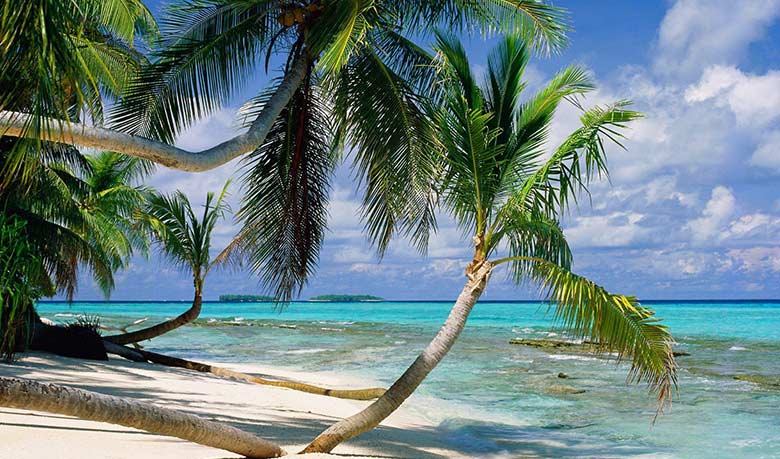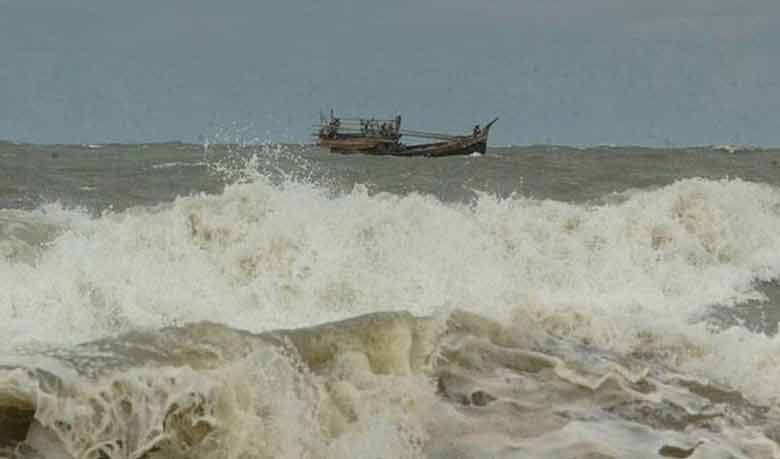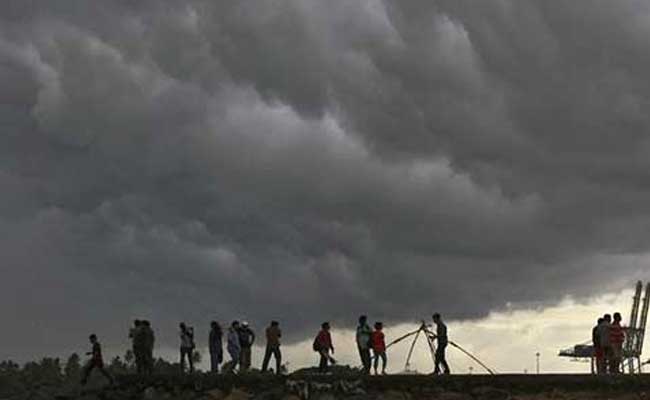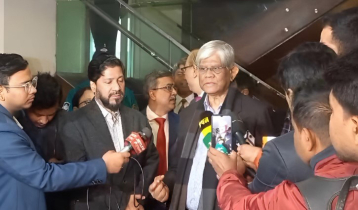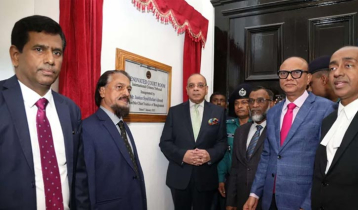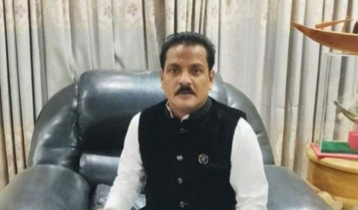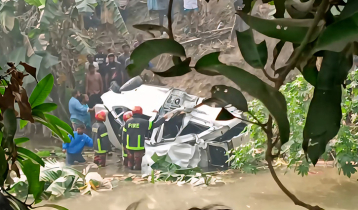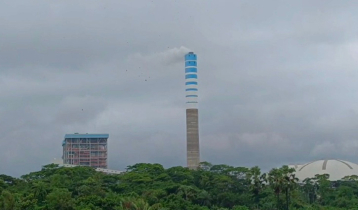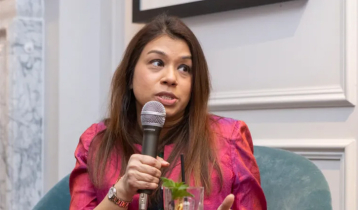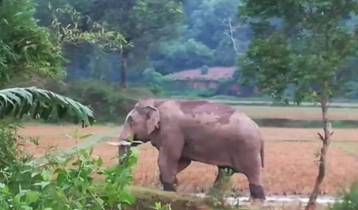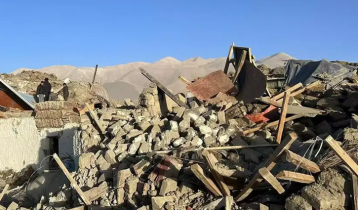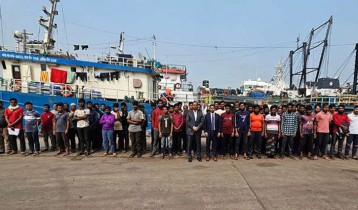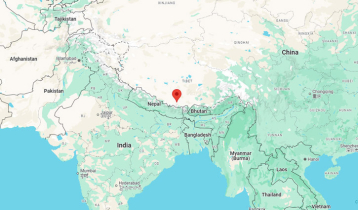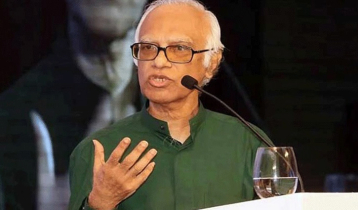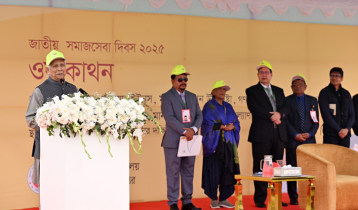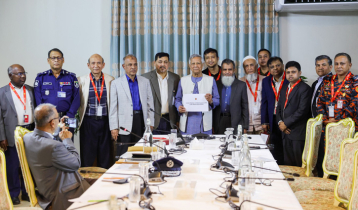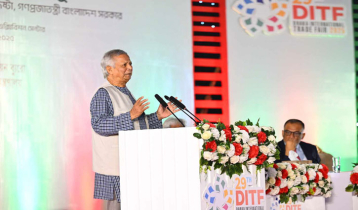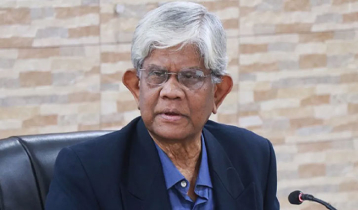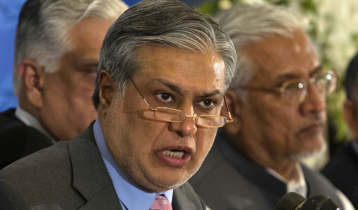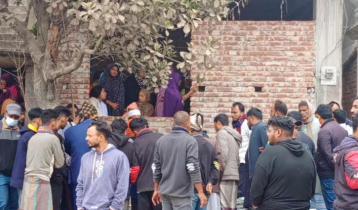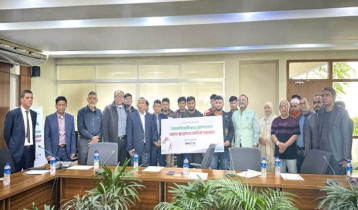Fears for tribes, forests as India eyes Andaman expansion
Manzurul Alam Mukul || risingbd.com
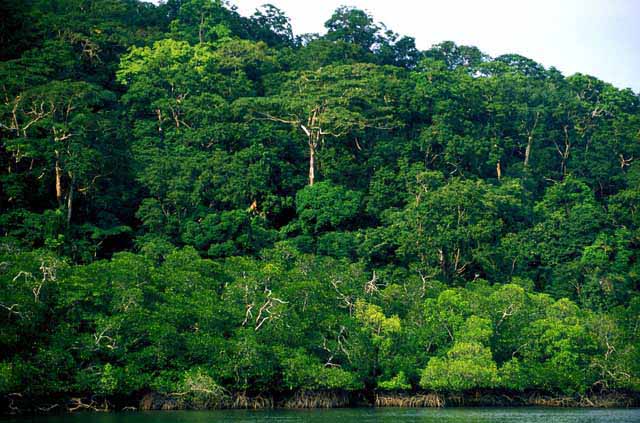
Risingbd Desk: Bollywood music blares from a line of food stalls serving tourists outside the entrance to a thickly-forested tribal reserve on India`s far-flung Andaman and Nicobar islands.
Beyond the barrier patrolled by police, a few hundreds members of the Jarawa tribe hunt the lush rainforest for turtles and pigs and shoot fish with bows and arrows, largely unseen and untouched by the outside world.
As Indian Prime Minister Narendra Modi`s government seeks to accelerate development on the islands to promote its military, trade and tourism, preserving the pristine environment and handful of unique tribes is likely to get harder.
"The islands are fragile, they are in a seismically active zone not far from Indonesia`s Aceh coast," said Pankaj Sekhsaria of Indian environmental group Kalpavriksh.
"Above all, they are home to indigenous tribes. This is their land, their history. There are serious concerns about the impact of tourists ... If history is any indication, interaction between our world and their world has proved damaging for them."
Tourism is only part of New Delhi`s vision for the Indian Ocean islands. Lying on a busy shipping route between mainland India and southeast Asia, they are seen as ideal for extending India`s economic and military reach.
With that in mind, Modi`s government is determined to push harder than previous administrations to develop the islands, while at the same time protecting tribes and landscapes.
"The support we have got from the central government over the last year has been phenomenal. They want things to happen," A.K. Singh, lieutenant governor of the Andaman and Nicobar Islands and India`s top official there, told a news agency.
"We want comprehensive development of the islands and its people while protecting the interests of the tribes as well as the environment. Ours is a transparent, deliberate policy. There is nothing to hide."
The dark-skinned Jarawas, numbering around 400 and one of six tribes believed to have lived on the islands for up to 55,000 years, refused until recently to have any contact with the outside world.
"There are two schools of thought. One is to protect and preserve their cultural identity and avoid inter-mingling with the outside world," said D.M. Shukla, the islands` tribal welfare secretary.
"The other is to mainstream them into the outside world so that they enjoy the fruits of the development."
The latter argument is gaining momentum, with government officials saying economic development must not be held back.
Boosting tourism and other industries is not easy in a territory where over 90 percent of land is off-limits forest.
But already the military is lengthening runways at airfields in the north and south of an archipelago that generals believe is a key but long-neglected outpost to counter the Chinese navy`s thrust into the Indian Ocean.
The civilian administration, energized by Modi`s push to boost development, plans direct air links to Southeast Asia, an undersea cable to improve communications and a free port area.
State carrier Air India will begin flights this year between the Andaman capital Port Blair and Thailand`s Phuket, which gets more tourists than all of India put together, according to island officials.
"If we get even a fraction of that traffic to our beaches, it would transform the islands," said the islands` chief secretary Anand Prakash.
A more ambitious plan to build a port in Great Nicobar island near the mouth of the Strait of Malacca, through which some 60,000 ships pass annually, is on hold because it would need vast amounts of land in an ecologically sensitive belt, Prakash added.
Source: Agencies
Risingbd/July 26, 2015/Mukul
risingbd.com



